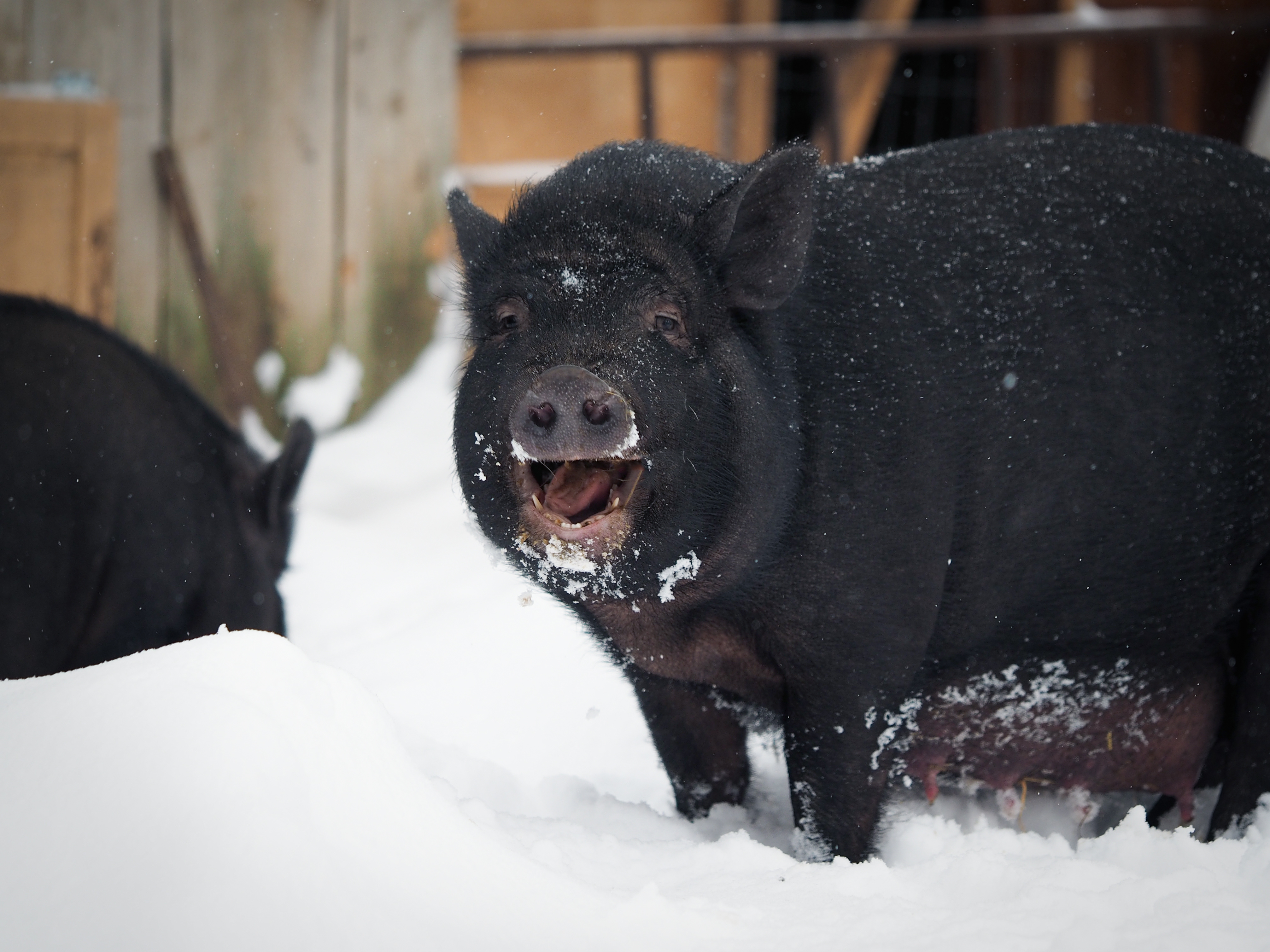



Brain study uncovers key to seasonal timing in animals
Scientists have uncovered key details of processes in the brain that enable animals to live seasonal lifestyles.
Brain study uncovers key to seasonal timing
A biological switch in the brain, guided by the duration of daylight, triggers genetic and hormonal changes that cause animals to adjust their physiology and behaviour with the seasons, according to the study by a team involving Roslin scientists.
These processes regulate seasonal changes that are critical for survival, such as the timing of breeding cycles, the growth of a warm coat in winter, or the rate at which the body uses energy.
Seasonal genetic changes are triggered in response to the duration of light in summer or shorter, darker winter days. These involve a key gene which is part of the body’s 24-hour internal clock, whose purpose in yearly timing was not understood until now.
The findings, from a study in sheep, may explain the evolution of seasonal timing in animals including mammals, birds, reptiles, and possibly humans.
Switch mechanism
Studies in brain tissue found that, depending on whether day lengths are long or short, one of two possible biological mechanisms is activated within the pituitary gland.
In summer when nights are short, the pineal gland in the brain generates the hormone melatonin for a short time during darkness. This activates a switch that causes a cascade of gene activity leading to biological characteristics associated with summer.
When nights are long in winter, night-time melatonin is released for longer, suppressing the summer pathway, and instead triggering biological processes that lead to winter behaviour and physiology.
The study found that in the sheep brain, both processes involve a 24-clock gene known as BMAL2, which is found in many animals but whose role in the seasonal clock was previously unknown.
These processes are also influenced by seasonal variations in the way genetic material is packed by proteins that surrounds DNA in cells, scientists say.
These variations, which were found to change throughout the year, can suppress the accessibility of genes and limit their activity at certain times.
Tissue studies
Researchers studied an area of the brain called the pars tuberalis – tissue within the pituitary gland – in sheep experiencing short or long daylengths.
The tissue was analysed for gene activity across time, enabling scientists to derive the biological processes that had occurred as a consequence of short or long days.
The study, published in Nature Communications, was led by the University of Manchester in a collaboration involving the Roslin Institute, the Arctic University of Norway and the University of Queensland, Australia.






